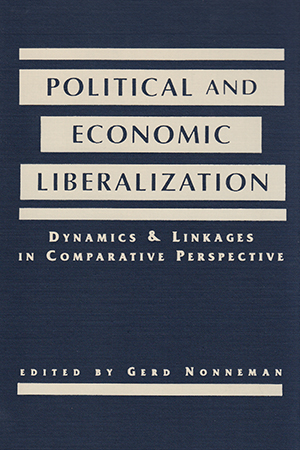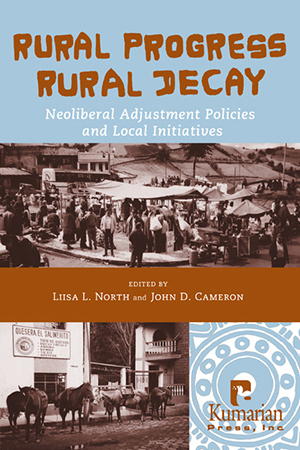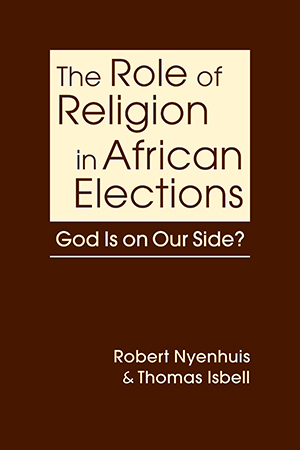BOOKS
Even amid the apparent post–Cold War consensus, the benefits and drawbacks of economic and political liberalization remain controversial. At the same time, explanations for the recent More >
If the many social, environmental, and economic crises facing the planet are to be reversed, argue the authors of Bringing the Food Economy Home, local food economies must be rebuilt. Their More >
Politics and the Press not only examines how journalists define the news; it also explores the role of the media in elections and the shaping of public opinion, as well as the reportage of More >
How do rural development programs, especially those run by nongovernmental organizations, cope in a time of structural adjustment programs and economical liberalization? Using Ecuador as a More >
A collection of essays and reviews, both favorable and negative, about the charismatic and popular Igbo poet who, at the age of 35, was killed by the advancing Nigerian army during the war More >
Does religion play a significant role in voting behavior in sub-Saharan Africa? The perception has long been that religious identity has little impact on electoral decisionmaking, with many More >
Noted for his academic prowess, quick wit, and tireless struggle both for pan-Africanist ideals and for the political emancipation of South Africans living under apartheid, Archie Mafeje has More >
While analysts may agree that Hollywood movies have always both mirrored and helped to shape the tenor of their times, the question remains: Just how do they do it? And how do we identify More >
Despite the deployment of NATO forces in Kosovo and the UN's direct involvement in governing the province, such terrors as murder, disappearances, bombings, and arson have become routine More >

















